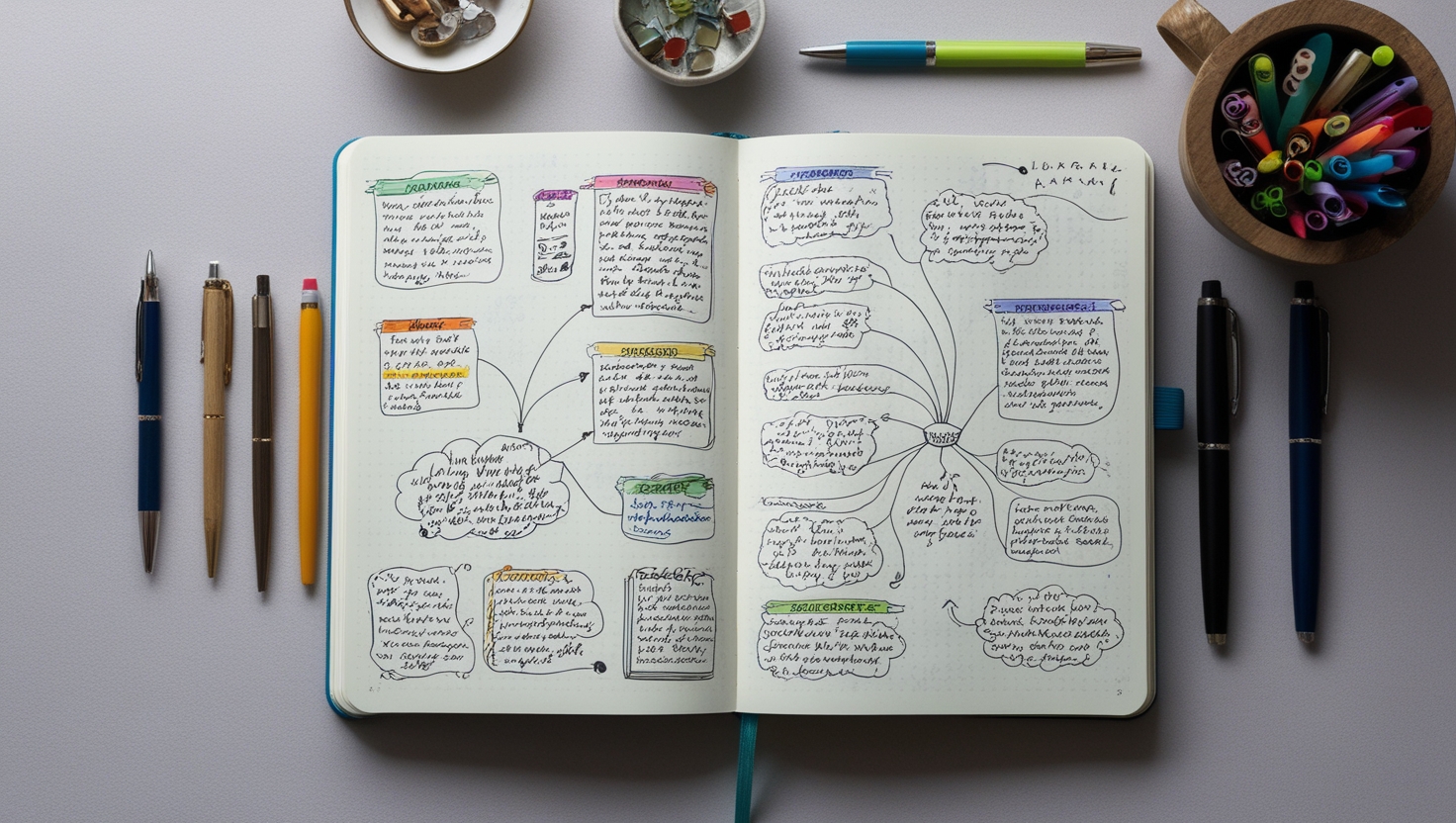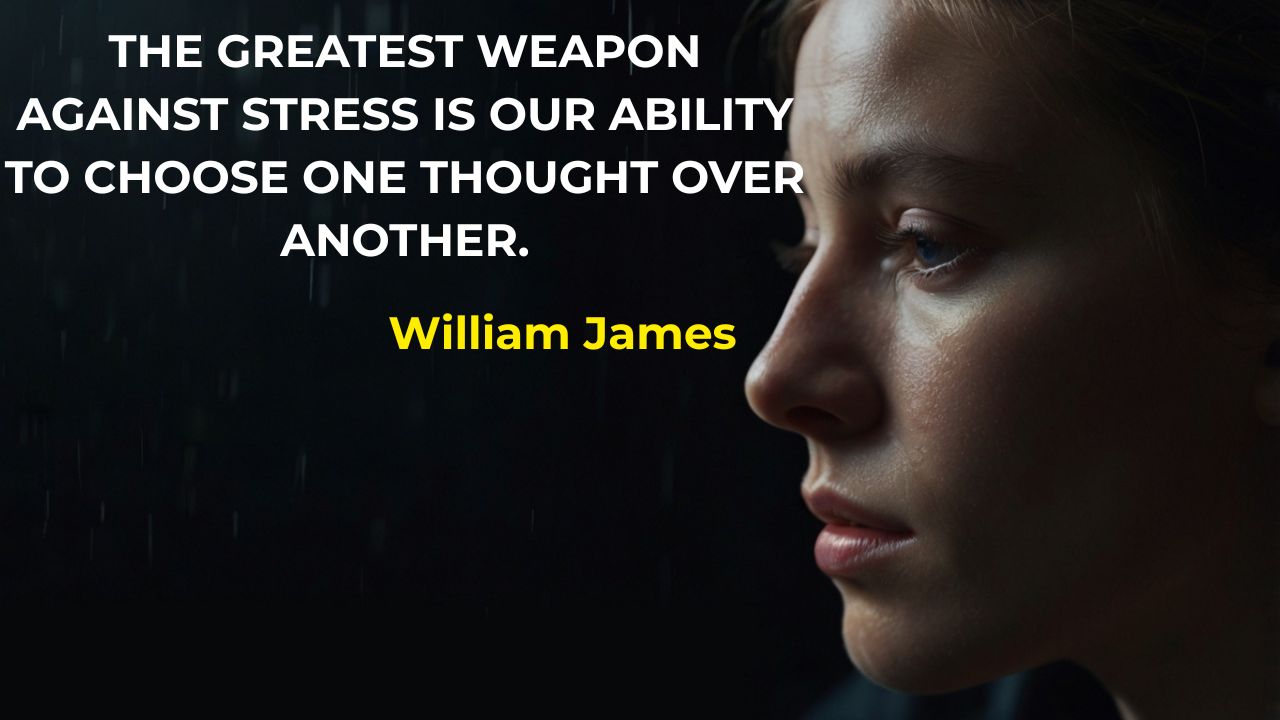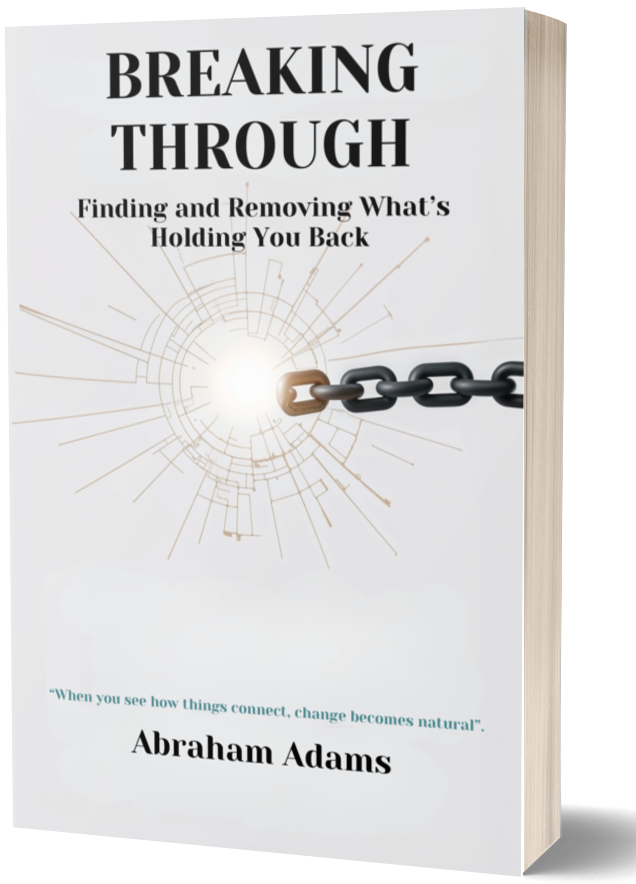Breaking Bad Habits: Your Roadmap After Habit Tracking
So, you've been diligently tracking your habits for a few weeks. The patterns are clear, the triggers are visible, and now you're wondering: "What's next? How do I actually break these habits that are holding me back?" Let's dive into the strategic approach to dismantling those unwanted habits.
Understanding Your Habit Data
Before you can break a habit, you need to understand its structure. Your tracking data reveals three crucial elements:
- When the habit occurs (time patterns)
- What triggers it (environmental or emotional cues)
- What reward you're seeking from the behavior
Making Habits Impossible: The Strategic Approach
Creating Physical Distance
Your first move is to make the habit physically harder to perform. If social media is your vice, delete the apps from your phone. If late-night snacking is the issue, stop keeping snacks at home. The key is to create enough friction that your autopilot behavior gets interrupted.
Replacing the Reward
Every habit serves a purpose. Late-night scrolling might be your way of decompressing. Procrastination might help you avoid anxiety. Identify what reward your bad habit provides, then find a healthier way to get it. Want to decompress? Try reading or gentle stretching instead of scrolling.
The Implementation Strategy
1. Choose Your Battleground
Focus on one habit at a time. Trying to change multiple habits simultaneously is like trying to fight a war on multiple fronts – it divides your resources and attention.
2. Design Your Environment
Make your new, desired behavior the path of least resistance. Want to read more instead of watching TV? Leave a book on your coffee table and put the TV remote in a drawer.
3. Plan for Failure
Have a specific plan for when triggers occur. If stress leads to unhealthy snacking, decide in advance what you'll do instead – perhaps a short walk or breathing exercise.
Advanced Tactics
Habit Stacking
Attach your new, desired behavior to an existing habit. If you already have a solid morning coffee routine, use that as an anchor point for a new habit you want to build.
The 10-Minute Rule
When you feel the urge to engage in your unwanted habit, wait 10 minutes. Often, the urge will pass, and if it doesn't, you've at least created space for a conscious choice rather than an automatic response.
Identity Alignment
Frame your habit change in terms of identity. Instead of "I'm trying to stop procrastinating," think "I'm becoming someone who takes immediate action."
Measuring Success
Remember that habit change isn't linear. Track these indicators of progress:
- Decreased frequency of the unwanted habit
- Increased awareness before engaging in the habit
- Shorter duration when you do engage
- Growing comfort with your replacement behaviors
The Power of Community
Don't try to go it alone. Share your habit-breaking goals with others who can:
- Provide accountability
- Offer support during challenging moments
- Celebrate your progress
- Share strategies that worked for them
Moving Forward
Breaking habits is a skill that improves with practice. Each attempt, even if not entirely successful, teaches you something valuable about yourself and the habit-breaking process. Keep your tracking system going even as you implement changes – it will help you identify what's working and what needs adjustment.
Remember: The goal isn't perfection but progress. Every time you choose not to engage in an unwanted habit, you're rewiring your brain for better choices in the future.
Stay consistent, stay patient, and most importantly, stay committed to your transformation journey.
- Audio Articles
- Audio Articles 1
- Audio Articles 2
- Audio Articles 3
- Audio Articles 4
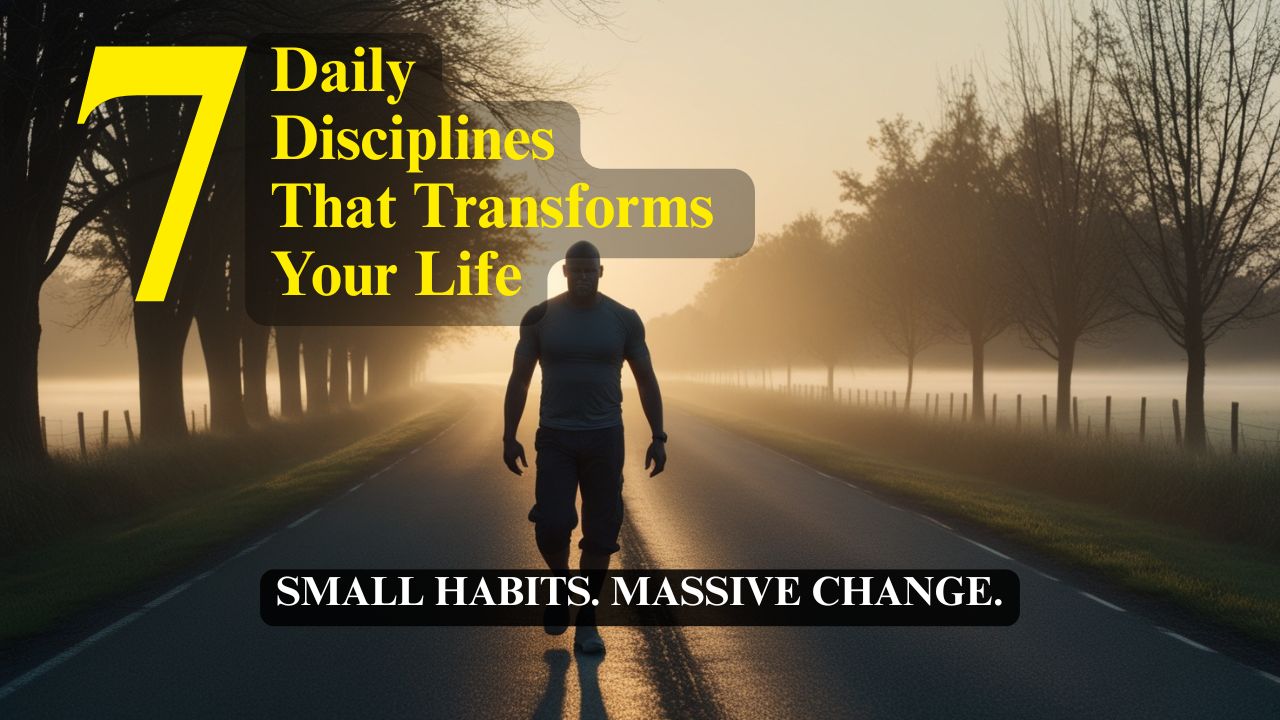
7 Daily Disciplines That Transform Your Life
The power to act with intention, to align your actions with your values, and to move steadily toward a life of purpose—even on days you don't feel like it.
Read Full Article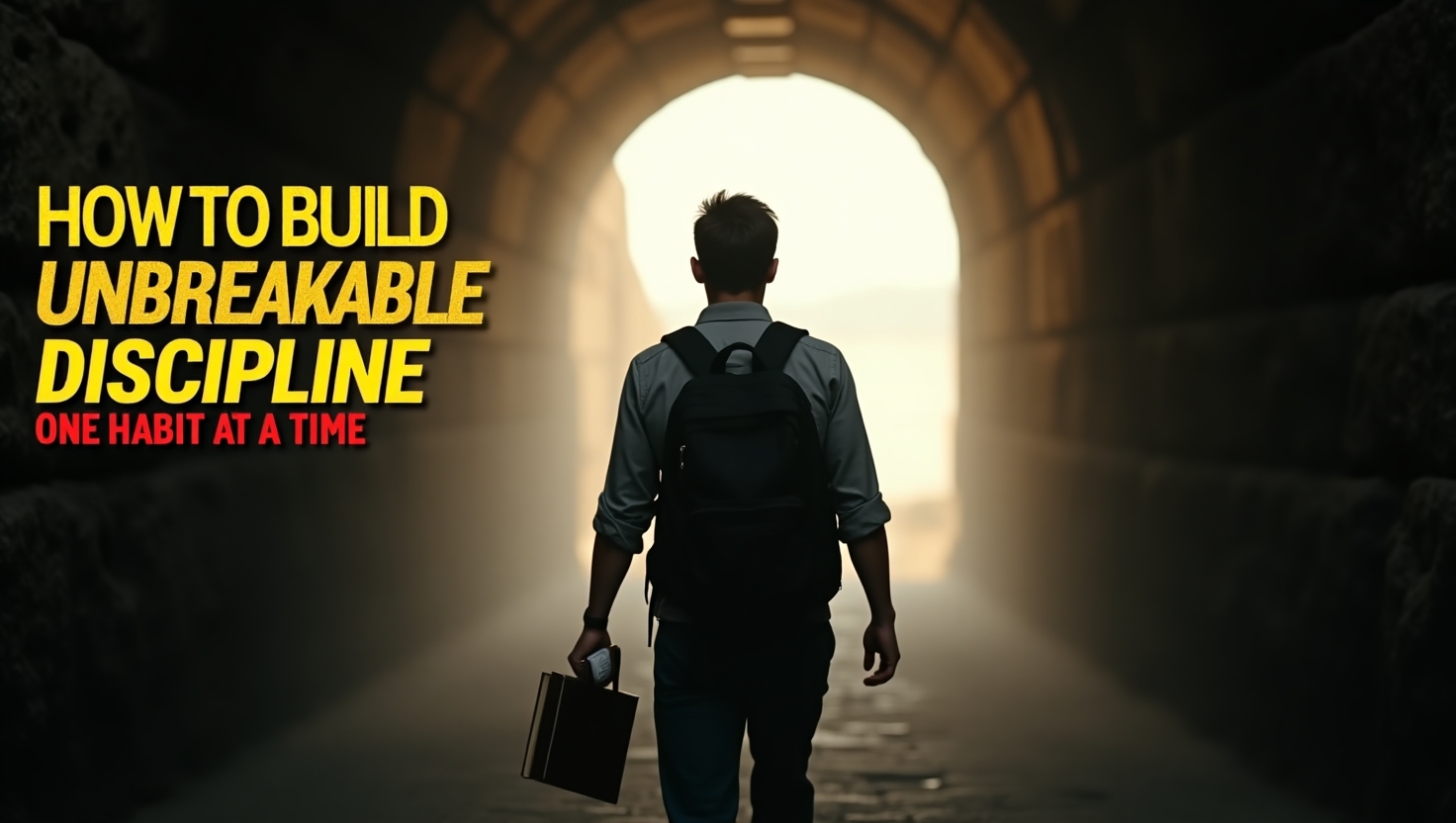
How to Build Unbreakable Discipline
Discipline is built—habit by habit, choice by choice, day by day. And the most powerful kind? The kind that doesn’t crack under pressure. The kind that becomes part of who you are.
Read Full Article
Why Motivation Fails And Discipline Wins Every Time
We all love the feeling of motivation—that surge of energy, that rush of inspiration that makes everything seem possible. But here’s the problem: motivation is unreliable. It’s emotional. It comes and goes. And if your goals rely on you “feeling like it,” you’re already in trouble.
Read Full Article
Discipline Over Desire
Desire is loud. It burns bright, talks fast, and loves to dream. But desire alone doesn't achieve much. Every person has desires. Very few have the discipline to bring them to life.
Read Full Article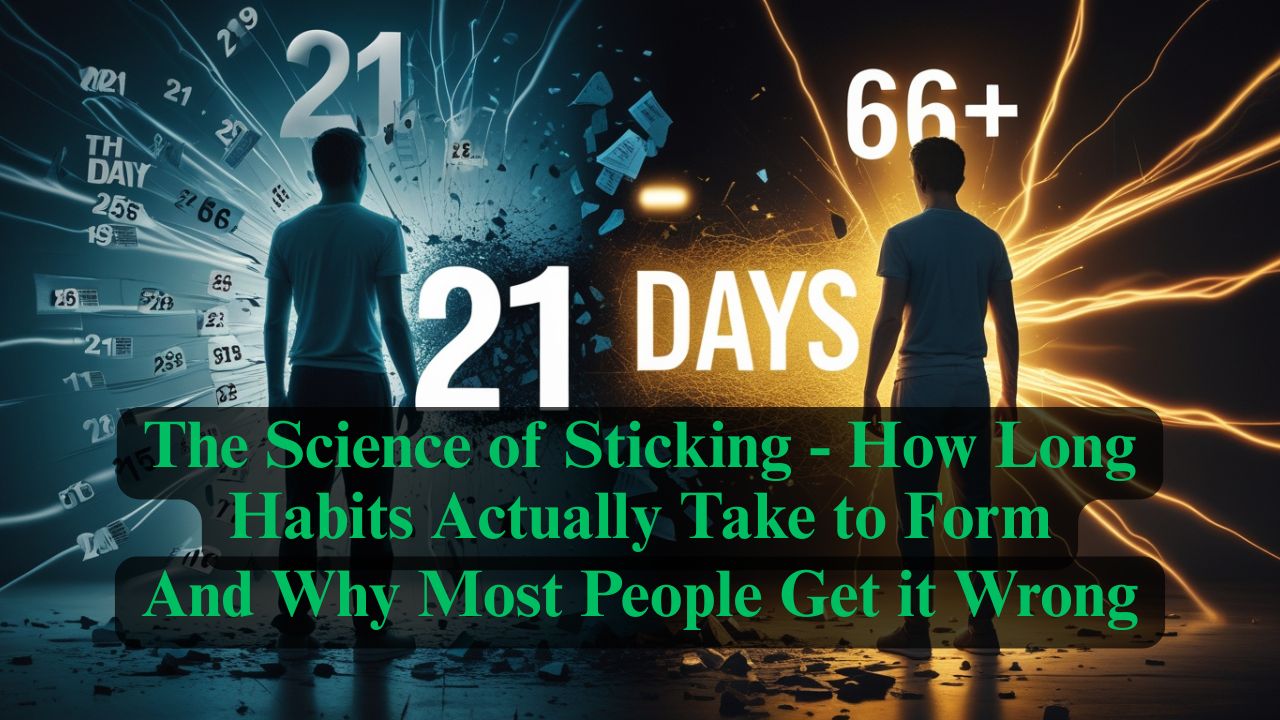
The Science of Sticking
If you've ever tried to build a new habit, you've probably heard that it takes 21 days. This number gets thrown around so often that it feels like scientific fact.
Read Full Article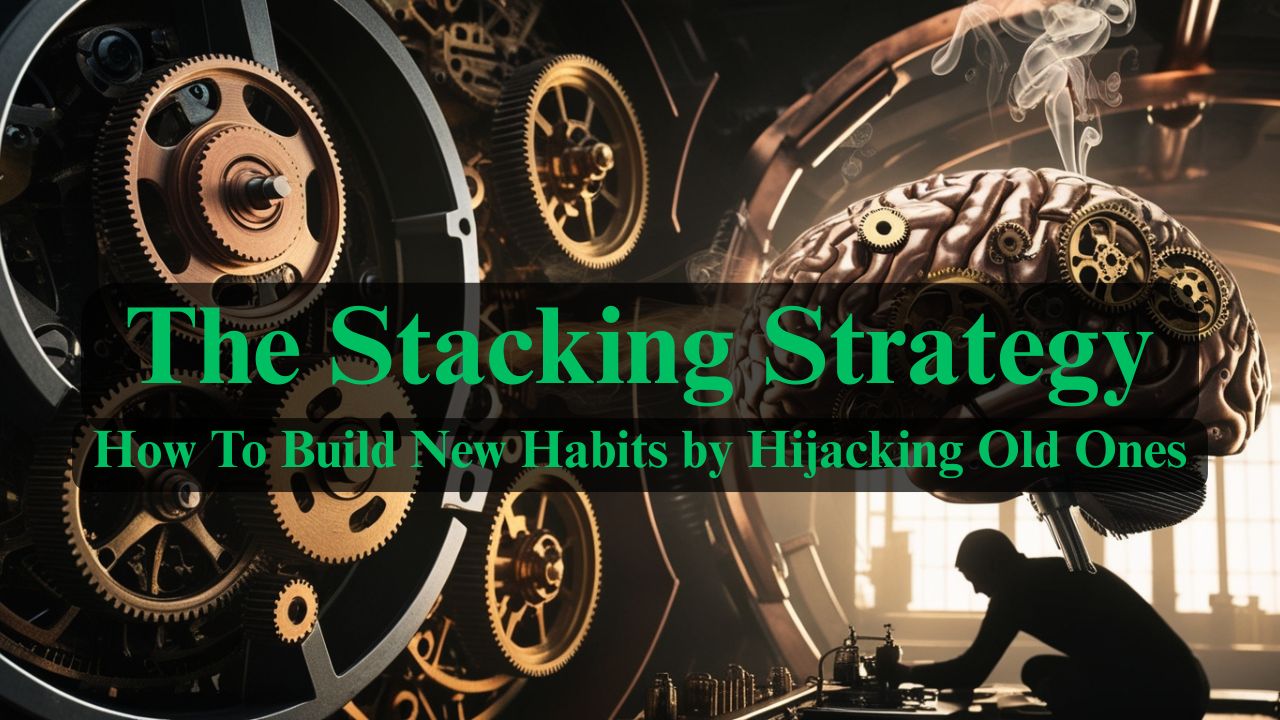
The Stacking Strategy
What if I told you that the habits you already have—even the ones you consider "bad"—could become the secret weapons for building the habits you want?
Read Full Article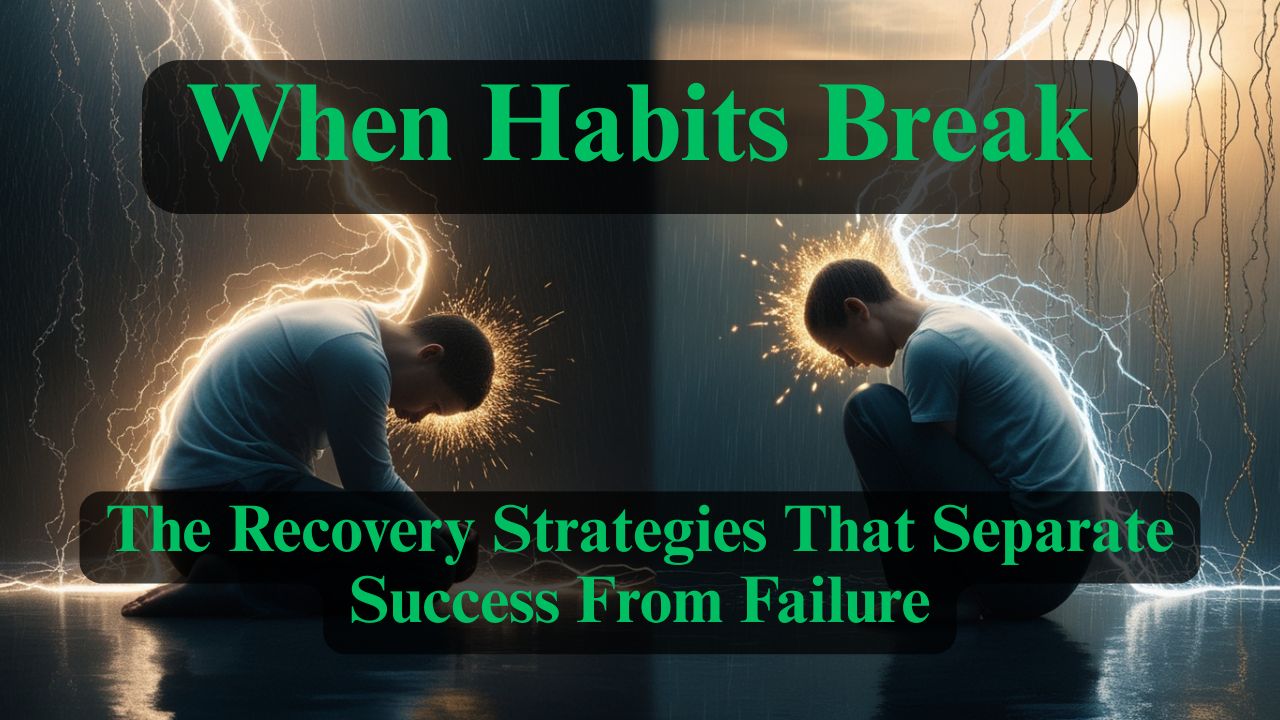
When Habits Fail - The Recovery Strategies That Separate Success From Failure
Here's what nobody tells you about building habits: you will fail. You'll miss days. You'll fall off track. You'll have weeks where everything falls apart.
Read Full Article
The Ultimate System - Designing a Life Where Good Habits Are Inevitable
You've learned to recognize habits, understand their formation timeline, stack them strategically, and recover from setbacks.
Read Full Article
